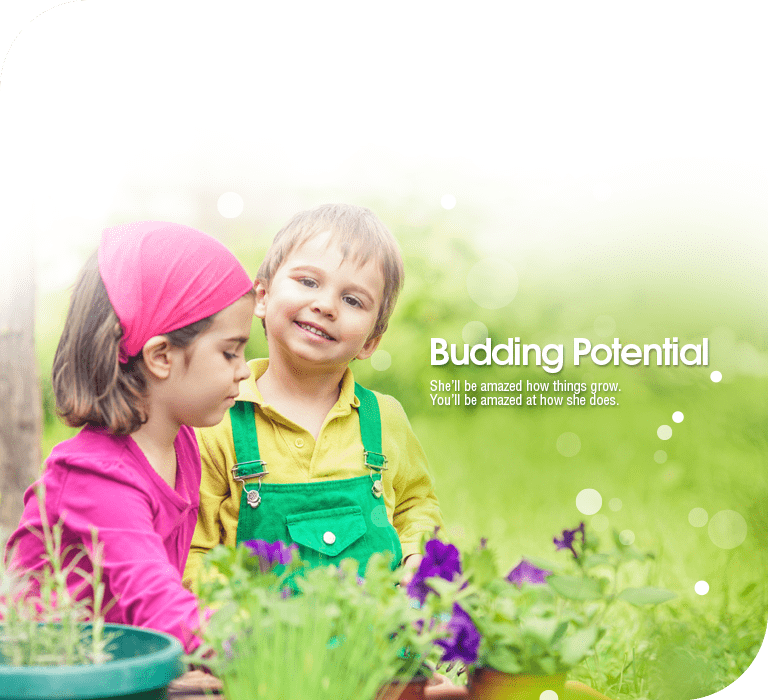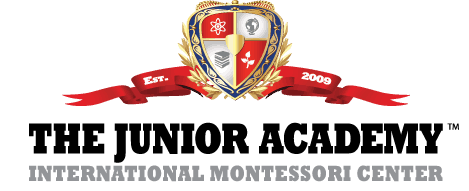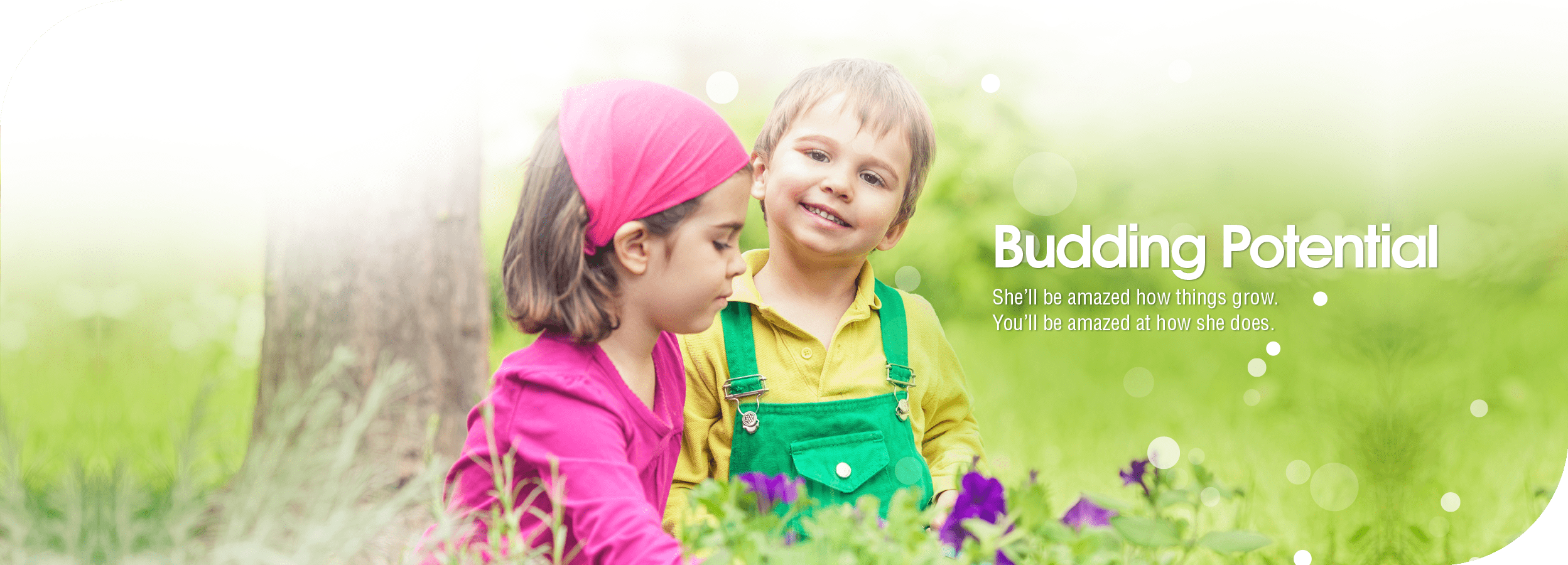
Toddler Program (18 months – 3 Years)
“The development of the child during the first three years after birth is unequaled in intensity and importance by any period that precedes or follows in the whole life of the child.”
– Maria Montessori
Program Overview
The Junior Academy is committed to the education of the whole child and provides learning experiences in a secure, challenging and age appropriate setting. We aim to provide children an atmosphere that will unleash their potentials and help them grow into life long independent learners. The Montessori Toddler program is a gathering of children from 2 to 3 years old who are nurtured in a prepared environment that fosters the development of motor skills, independence and language. Children are encouraged to learn at their own pace and time; allowing for opportunities to explore and discover more about their immediate surrounding.
The aim of the Toddler Program is to accomplish the following
Sowing the seeds for self confidence and greater independence
Thematic learning to develop creativity
Aiding in the potty training process
Focusing on fundamental language and communication skills
Introducing the root elements of the 3-6 year old Junior Program
Learning the skills that will develop independence and preschool readiness.
Curriculum Goals for TJA Montessori Toddler Program
Precise movements and sequences developed doing practical activities and daily living objectives to help strengthen motor skills and concentration. In practical life they will experience real life situations and activities including: learning to zip, button, mix, and pour liquids. The practical life area includes assisting your child in the following as well: eating by themselves, drinking from a cup, grooming and toilet learning, cleaning, caring for plants and animals, food preparation and grace and courtesy.
The sensorial area allows children to use their senses to learn about the world. Identifying and putting names to the senses of sight, touch, sound, taste, and smell, help children develop formative knowledge of the real which is the basis for understanding abstraction later. Many of these materials are building blocks for further analysis and reasoning in the Junior program. In the Toddler space, a child can learn to distinguish different heights, lengths, weights, colors, sounds, smells, shapes, and textures.
Mathematical abstraction is mastered by manipulating the concrete, building, sequencing, and puzzling.
From a solid basis in spoken language, reading and writing are developed using a variety of tactile materials in this area. Language activities and materials increase vocabulary and conversational skills. Language Enrichment is another important area of learning for the toddler. These lessons give children the words they need to express themselves. They also associate names to all they see in their environment. The language skills are practiced through a variety of fun and engaging activities such as stories, poems, songs, picture cards, and even daily conversation.
World geography and peoples are explored through such materials as maps, flags, water and land forms, presentations and books.
Visual, audible and expressive arts are incorporated into daily classroom activities. Children can choose between cutting, painting, magic markers or clay. Listening to music helps them develop formal instruction or rhymes and learn to create movement to the music.

